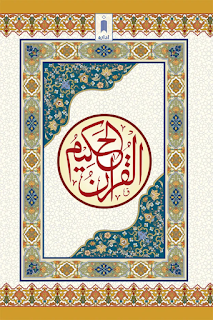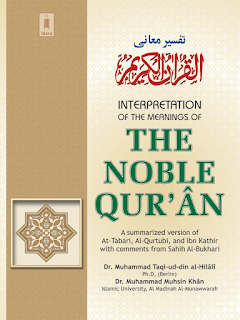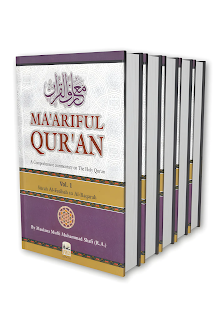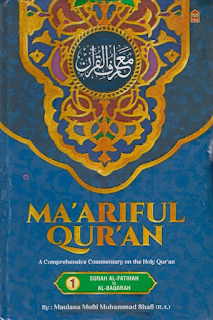Delving into the Depths of Surah Yunus: A Journey of Faith, Forgiveness, and Divine Power

Surah Yunus , the 10th chapter of the Holy Quran , stands as a cornerstone of Islamic scripture . Named after the revered Prophet Jonah (Yunus) (peace be upon him), the surah unveils a tapestry of profound messages that resonate deeply with the soul of a believer. Revealed during the turbulent Meccan period, when the nascent Muslim community faced relentless persecution, Surah Yunus offers solace, guidance, and a powerful testament to the unwavering power of Allah (SWT). A CONTEXT OF CHALLENGE: MECCAN REVELATION Understanding the context of Surah Yunus is crucial to appreciating its significance. Revealed in Mecca, a period marked by hostility towards Prophet Muhammad (PBUH) and his message of Islam, the surah addresses the doubts and anxieties swirling within the nascent Muslim community. The opening verses establish a firm foundation, declaring Allah’s (SWT) absolute dominion over creation and the universality of His message: “Alif-Lam-Ra. [These letters are one of the mira



